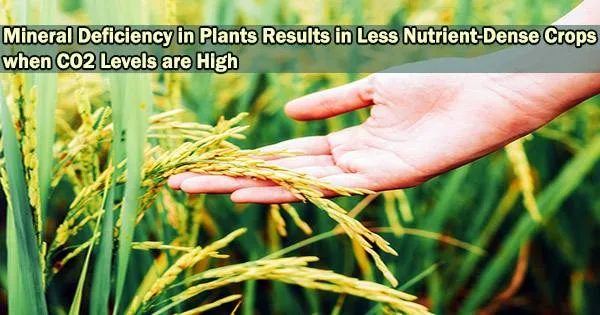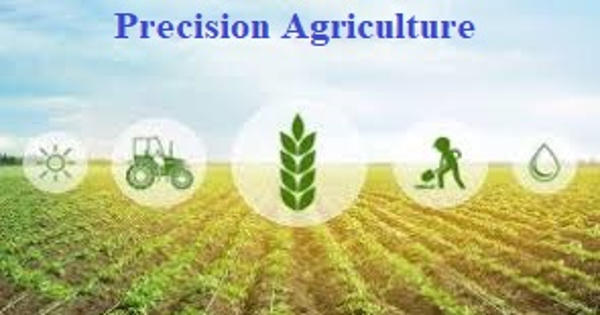Since plants utilize carbon dioxide for photosynthesis, higher levels of the gas are expected to result in more productive plants. This idea has been held by scientists for years as one of the few conceivable benefits of rising atmospheric carbon dioxide (CO2) levels.
Scientists from the Institute for Plant Science of Montpellier in France explain why this effect may be less than expected in a review that appears in Trends in Plant Science on November 3, 2022. They say this is because high levels of CO2 make it difficult for plants to obtain the minerals they need to grow and produce nourishing food.
“There are many reports in the literature showing that the CO2 levels expected at the end of the twenty-first century will lead to a lower concentration of nitrogen in most plants, mainly affecting the protein content in plant products,” says first author Alain Gojon, research director of France’s National Research Institute for Agriculture, Food and the Environment.
“It is very important to understand why growing plants at elevated CO2 has such a negative effect on the protein content of most staple crops and the future of food.”
What is clear is that the nutrient composition of the main crops used worldwide, such as rice and wheat, is negatively impacted by the elevation of CO2. This will have a strong impact on food quality and global food security.
Antoine Martin
Photosynthesis is the process by which plants convert CO2 into the sugars that provide them with energy. But photosynthesis doesn’t give plants the essential nutrients they require to thrive. Most plants use their root systems to absorb essential nutrients from the soil, including nitrogen, phosphorus, and iron.
Because it is a crucial component of the amino acids that plants utilize to form proteins, nitrogen is particularly significant. A lack of nitrogen not only makes it difficult for a plant to build its tissues but also reduces the amount of nutrition that it can offer to people.
“What is clear is that the nutrient composition of the main crops used worldwide, such as rice and wheat, is negatively impacted by the elevation of CO2. This will have a strong impact on food quality and global food security,” says corresponding author Antoine Martin, researcher of the French National Centre for Scientific Research.
“Two main nutrients that are essential for human nutrition may be affected by this phenomenon,” adds Gojon. “The first one is proteins built from nitrogen. In developing countries this can be a big issue, because many diets in these countries aren’t rich in proteins and plants grown at elevated CO2 can have twenty to thirty percent less protein. The second one is iron. Iron deficiency already affects an estimated 2 billion people worldwide.”
Reduced mineral status of plants at higher atmospheric CO2 levels may result in a negative feedback loop for reducing climate change, which goes beyond global food systems.
“The terrestrial carbon sink associated with enhanced photosynthesis may be limited if most of the vegetation is deficient in nitrogen and other minerals, which may prevent any additional increase of CO2 capture from the atmosphere,” says Gojon.
“We would like to really understand the mechanisms that are responsible for the negative effects of elevated CO2 on the mineral composition of plants,” says Martin. “For example, we are currently exploring the natural genetic variation behind these negative effects, that could be used afterwards to improve crops nutritional value under future CO2 atmosphere.”
















